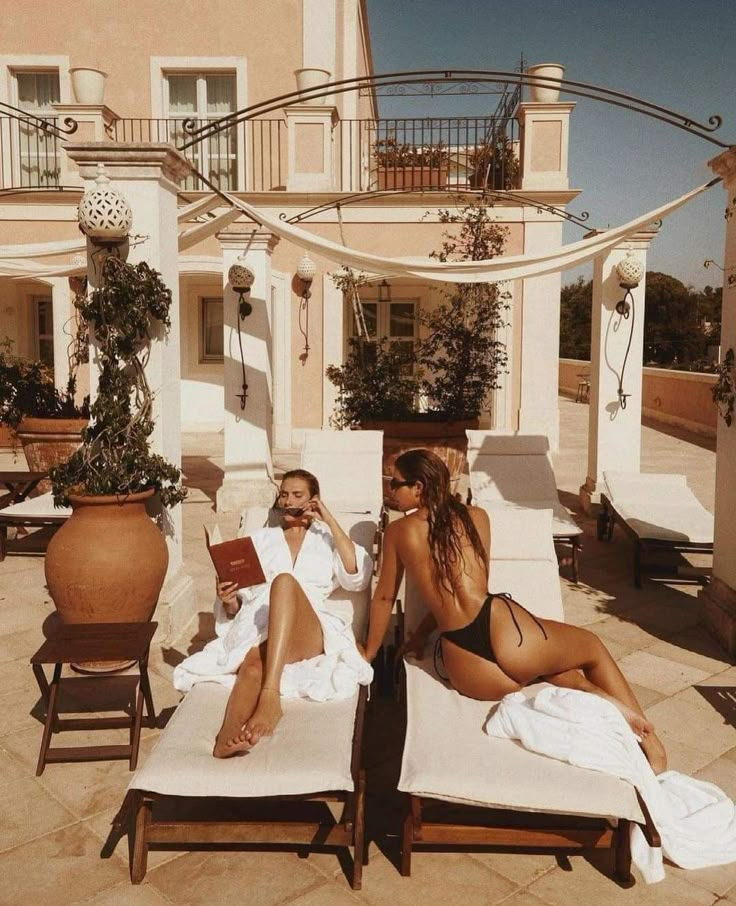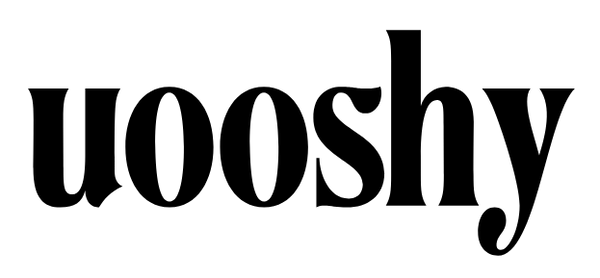
When Burnout Becomes the New Normal: Rewriting the Hustle Narrative
By Uooshy Editorial
“We burn out not because we’re weak — but because we’ve ignored our signals for too long.”
— Raina Kim, Somatic Therapist
The Soft Rebellion Against Overdrive
There was a time when “doing it all” felt like the ultimate badge of honor — early alarms, green juice, inbox zero, Pilates before the sun came up. But somewhere between the grind and the glow, something fractured. The hustle became less about purpose and more about proving.
And for many women in 2025, the realization is settling in: burnout isn’t a phase — it’s the cultural air we’ve been breathing for far too long.
We’re now seeing a quiet rebellion. Not with loud protests or productivity hacks, but with a softer, slower kind of defiance. Women are no longer aspiring to be machines of efficiency; they’re yearning to feel human again.
The Era of Emotional Exhaustion
Burnout has been called many things — stress, fatigue, exhaustion — but what we’re facing today is deeper. It’s the emotional hangover of years spent striving without resting, performing without pausing.
According to the American Psychological Association, burnout rates are at record highs among women in their 20s and 30s, especially those juggling multiple identities — careerist, caregiver, creator, friend, partner.
We were raised on empowerment slogans that told us we could have it all. What they didn’t mention was how much “all” would take from us. The constant optimization — wellness routines, skincare regimens, side hustles, digital detoxes that somehow became one more thing to do — created a new kind of fatigue: existential tiredness.

The New Luxury: Rest
“Rest is not laziness,” says holistic psychologist Dr. Maya Hill. “It’s recalibration.”
Our nervous systems were never meant to live in perpetual performance mode. Rest, she explains, isn’t just about sleep — it’s about safety. “When you rest, you remind your body that it’s safe to exist without earning it.”
That’s why the new wave of wellness isn’t about more — it’s about less. Minimal routines, slower mornings, doing one thing at a time. The so-called “slow girl” aesthetic, once seen as indulgent, is becoming aspirational.
Think: sipping tea without checking your phone. Going for a walk without tracking steps. Letting unread emails stay unread.
The new feminine power move? Saying no — gracefully, unapologetically.
Boundaries as Beauty
There’s something magnetic about women who are unbothered — not out of apathy, but alignment. Setting boundaries has become an act of beauty, a glow that doesn’t come from highlighter but from self-respect.
Millennials and Gen Z women are redefining success not as constant hustle, but as emotional equilibrium. The most stylish women on social media aren’t flaunting packed calendars; they’re romanticizing alone time.
They’re posting about books, clean spaces, slow rituals. The message is subtle but strong: peace is the new prestige.
And brands are catching on. From fashion labels that champion “quiet luxury” to wellness spaces focused on nervous system healing over body transformation — the cultural current is shifting. Rest isn’t countercultural anymore. It’s couture.
Trusting Ourselves Again
At the core of this shift is self-trust. For too long, women have outsourced their worth — to productivity metrics, likes, validation. But when burnout becomes unbearable, the body forces a reckoning.
Reconnecting to intuition — through therapy, meditation, journaling, or even long baths — is the quiet revolution. It’s the unlearning of external approval.
It’s realizing that your body knows when it’s done. Your mind knows when it’s full. Your heart knows when it’s had enough.

The Rewritten Narrative
So what does life beyond burnout look like?
Maybe it’s not about abandoning ambition, but about rebalancing it. Working with our cycles, not against them. Measuring success by how well we feel, not how much we produce.
It’s about choosing gentleness in a world that rewards aggression. About valuing slowness as strength, and quiet as clarity.
In this new narrative, the hustle isn’t heroic — healing is.
And maybe that’s the ultimate rebellion: not doing more, but finally doing enough.
